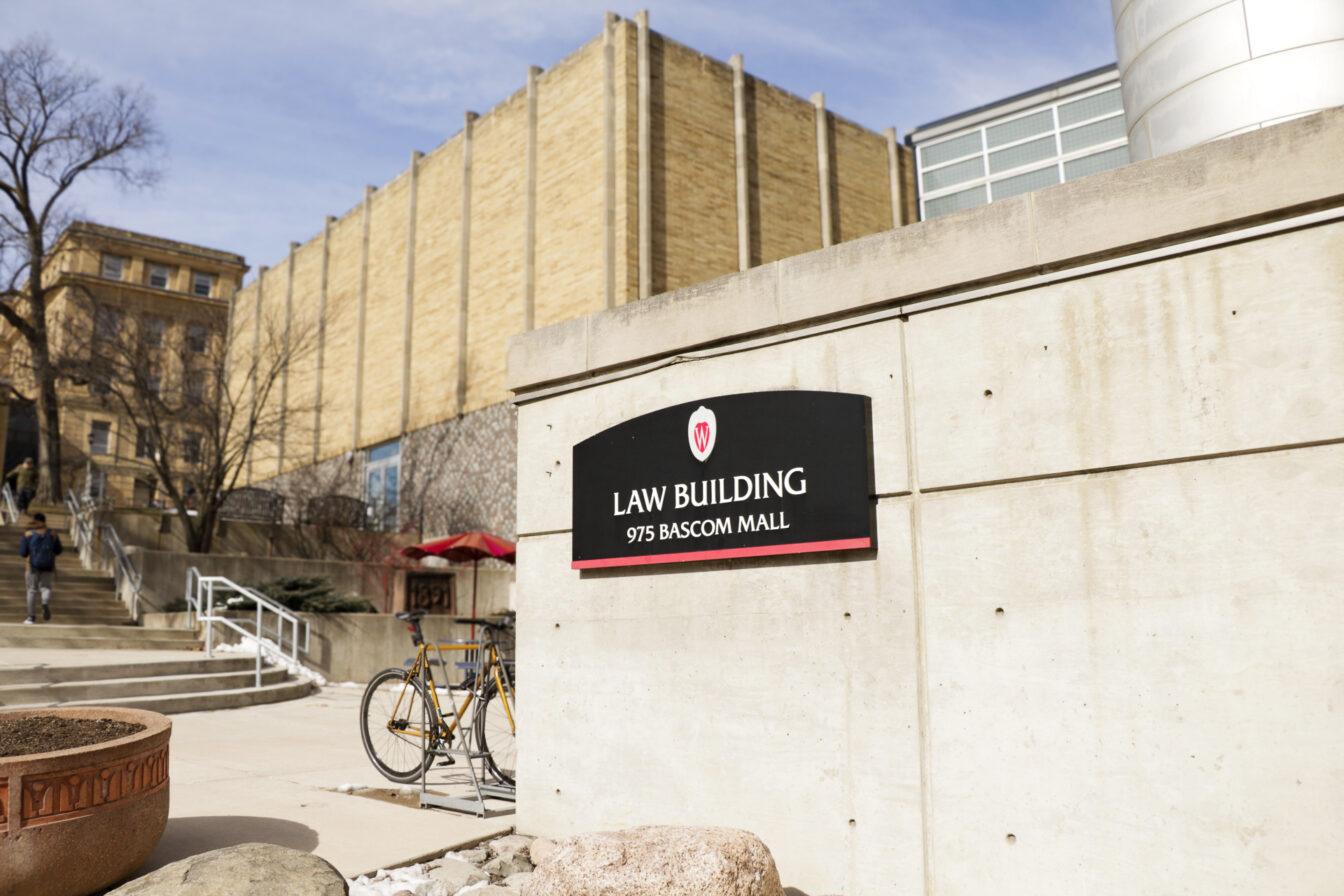The University of Wisconsin Law School is under fire by a conservative legal firm for their mandatory “Re-Orientation” training meant to educate first-year law students, as detailed in an article published by the National Review. The legal firm with the largest complaints, the Wisconsin Institute for Law & Liberty, obtained documents related to this mandatory training, of which there was a specific diversity, equity and inclusion section.
This DEI section of the training is what has drawn the most attention from news outlets and conservative groups alike. While DEI has been attacked in the past few months, it is crucial. DEI education must remain across institutions, but especially at law schools like UW to educate students of the racial biases and systemic prejudices that underlie the U.S. legal system.
The DEI section in this “Re-Orientation” training included statements that argued colorblindness, rugged individualism, seeing beyond race and the idea that people of color can be racist are all forms of racism that students should question. Before the training, students were asked to read a document titled “28 common racist attitudes and behaviors,” which included these ideas of different forms of racism in addition to other statements the document states are inherently racist.
WILL obtained documents related to this training and put out a press release in which they stated the training documents were themselves racist by calling out these forms of racism and demanded UW Law School remove these trainings and documents. WILL claims by not seeing past race and acknowledging race at every turn, UW Law are themselves being racist.
“By pushing racist ideology on law students, the University is defying federal law, creating a racially hostile environment, and harming individual student dignity,” the press release published by WILL states.
But as UW Law states in these training documents cited by the National Review, the DEI section of the mandatory Re-Orientation is aimed at promoting racial literacy and deconstructing racism among students. These are important lessons for this group of individuals in particular.
The legal system in the U.S. for centuries has been built upon racial prejudices and has continually disadvantaged people of color.
Just one example of these biases involves pretrial case processing, in which before a trial has even begun, people of color are more likely to be detained pretrial because they lack the resources to pay fines or fees and are more likely to be assessed as a “flight risk,” according to an overview published by the Urban Institute.
Additionally, one of the most obvious instances of racial and ethnic disparities within the legal system is while Black and Latinx individuals make up approximately 30% of the U.S. population, they are 51% of the jail population nationally, as cited by the MacArthur Foundation’s Safety and Justice Challenge website.
Racial biases and inequalities affect every aspect of the criminal legal system from policing to prosecution to incarceration to sentencing and even to parole, according to a report from the National Conference of State Legislatures.
Thus, it is important that first-year law students do not hold racial prejudices and understand the racial biases the legal system in the U.S. inherently holds.
Though WILL argues these trainings encourage students to see the world in a racialized way, which they argue is a negative way to perceive the world as it focuses on an individual’s appearance instead of their thoughts, for a law student and future lawyer, this could be incredibly important.
It is important for students, especially law students, to understand an individual’s race is intricately tied to their life experiences and way of seeing the world. It is also especially important for students to acknowledge their privilege if they are white and understand how their whiteness affects not only their lives but the lives of others, such as future clients.
Acknowledging one’s race and privilege or lack thereof may be uncomfortable, but, especially for those who are going into the legal field, it is crucial.
It will take time to determine if this program is effective for students and if UW Law students find this program helpful. But it cannot be stated enough how important DEI is, especially when helping to educate future lawyers who will see the racial inequalities in the legal system almost every day.
Ultimately, the success or failure of this training will take time to evaluate, but unless the program proves to be entirely unsuccessful in promoting the ideas of racial literacy and the dismantling of racial prejudices, it should remain at UW Law. If this program is helpful and education to students, it should be further expanded to best educate future lawyers about not only their own racial biases but the racial biases built into the U.S. legal system.
DEI is important and should be protected across all institutions, but especially at law schools.
Emily Otten (elotten@wisc.edu) is a senior studying journalism.


